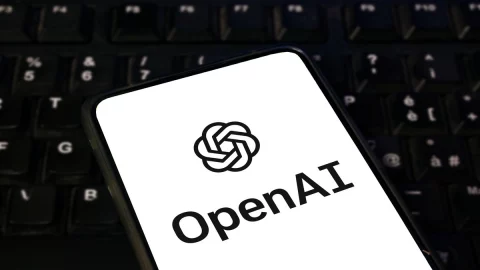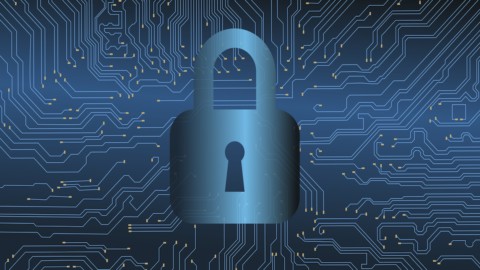Galileo has arrived. No, it is not a resurrection, but a technological innovation that could change the future of Europe. After 17 years of work, setbacks (including the launch of two satellites in the wrong orbit) and controversy, the continental satellite navigation system is ready. Costing over 10 billion euros, Galileo will make its official debut on Thursday 15 December, but it will only become fully operational in 2020. With it, the European Union expects to collect around 90 billion euros in the first twenty years of operations.
Funded by the European Space Agency and the European Community, its arrival will allow the Old Continent to cancel the existing relationship of dependence on the famous GPS (acronym for Global Positioning System, system made in the USA) and the Russian one Glonass (Global Navigation satellite System), although in the first period it will continue to rely on them.
Who will be able to use it and from when? It will initially only be available for compatible devices. An example above all is Qualcomm, which will allow its users to use Galileo by carrying out a simple software update on the most recent smartphones.
Going into detail, the new European satellite system is made up of 30 satellites, of which 24 are operational and 6 are spare. Once fully operational, it will be able to guarantee greater precision than that of GPS as it will be able to count, for the public, on the accuracy of 1 meter, while at the government level it will reach up to 1 cm (compared to 5 meters of GPS). . Galileo will also use atomic clocks which have a margin of error of 1 second every three million years. The detection time will be reduced from 3 hours to 10 minutes, while the search range from 10 km to just five.
What will it be for? To make self-driving cars safer, to improve telecommunications, to locate people lost at sea or in the mountains, etc. etc. (the list is very long). His debut, scheduled as mentioned for December 15, is an event not to be missed.




